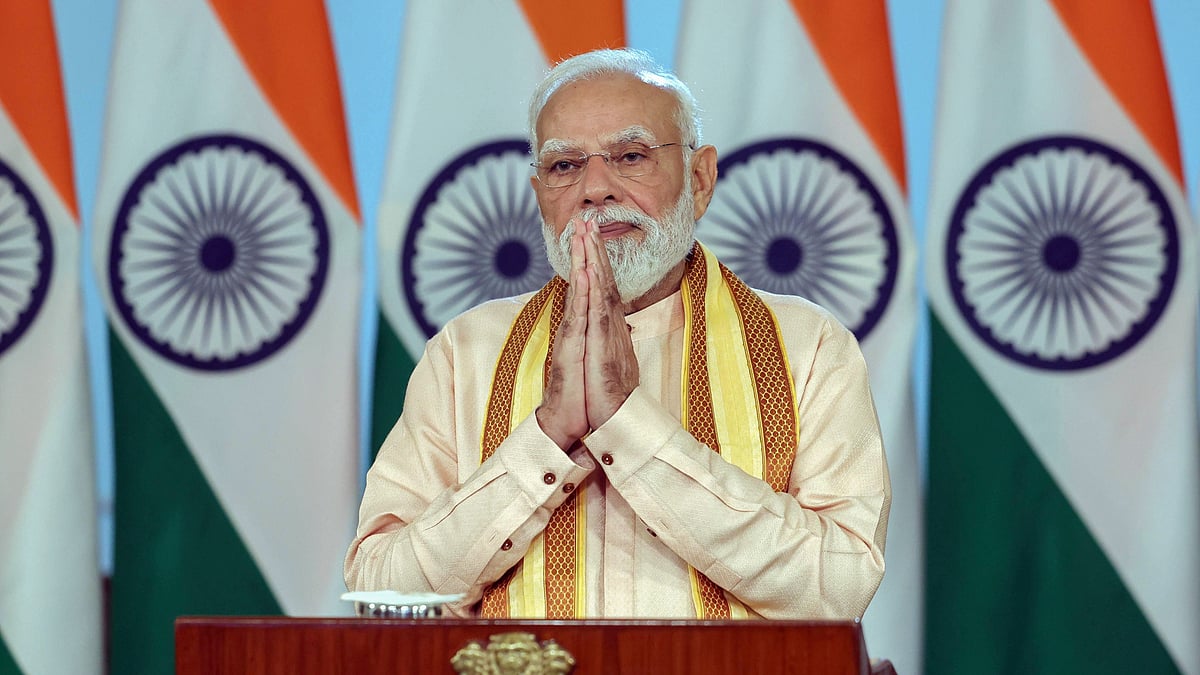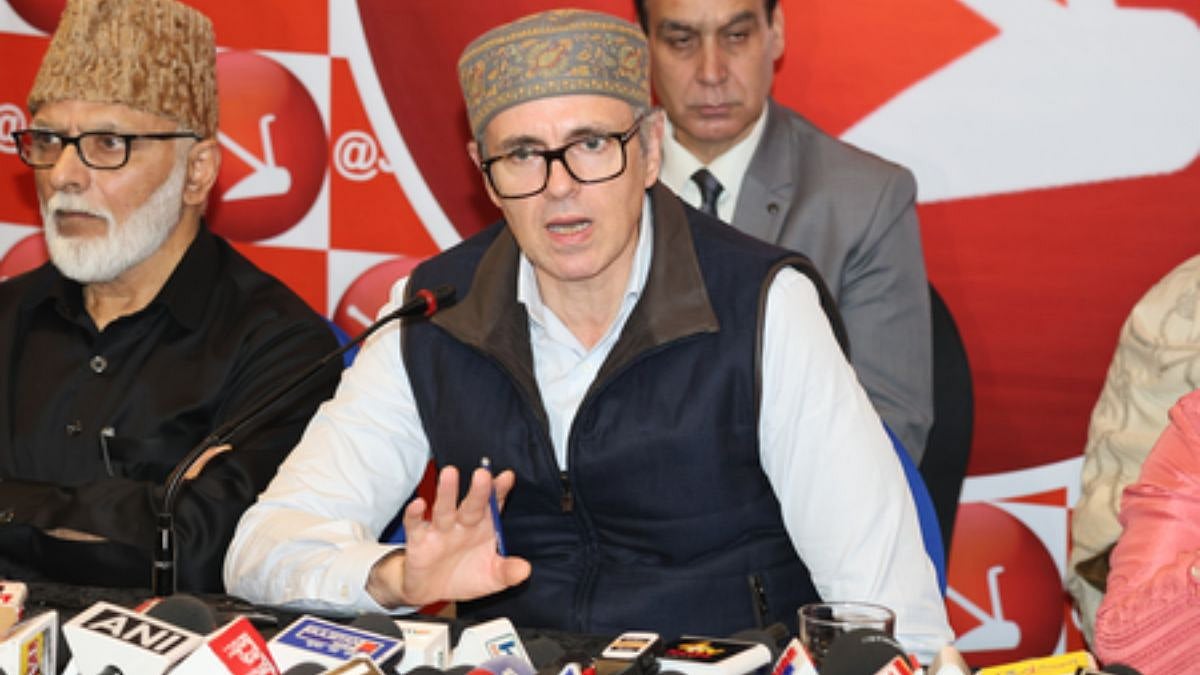A standard question these days when you meet someone new is “do you believe in God?”. As if the answer to this question would reveal something unique about the individual’s personality or their emotional and intelligence quotient. I, for one, do not understand the need to ask this question. Why someone believes in God or doesn’t is very difficult to articulate in words. At the same time, the belief or the non-belief has no moral or intellectual valence in and of itself. There is no way of generalising if people who believe in God are better than people who claim to be atheist or vice versa.
Both sets of groups have judgments about each other, which are more ideological and political than psychological. Recently, I watched the film Kantara, which dealt with religion, myth and legends and the degree to which such belief systems can affect people’s consciousness, their reality and actions. How it can alter their perception of who they are. Sometimes it helps them transcend their physical and mental limits. At the same time, the story was linked to hard political problems of our times like land ownership and caste stratification, unequal access to economic resources, and exploitation of the poor by the rich.
In the world of Kantara, where the established rules favours the privileged landed gentry, the helpless tribals’ last hope for retribution for the powerful and some semblance of justice lies at the altar of their tribal God. The God is embodied by a chosen priest in the tribe. On special days, he talks through him and delivers justice. The massive success of the film and rave reviews from both critics and viewers shows that we are open to such incredulity. But since it came wrapped in a fictional format it was easy for us to absorb it and appreciate it. At the same time our obsession with the last scene of the film exposes the deep desire in us for the spectacular divine experience that brings out our superhuman, Godly qualities.

The desire for spiritual experiences in itself can lead to dangerous ends. There is no sure way of telling whether the experience was a mere trick of the mind, or objective reality. At least for the person who experienced it. Often, in the psychological realm we deal with this by validating such experiences as ‘subjective reality’. The desire for such an experience can also come from a narcissistic place where one wants proof that they are special and ‘God’ loves them more than the rest. It may have nothing to do with faith in God or being good. When such experiences are not managed by the culturally rooted legends and myths, an individual might end up having grandiose ideas about themselves and driven to the brink of delusion and madness.
But most believers are not chasing a spiritual experience. Relying on humans requires greater courage than relying on a divine entity. In some ways, we believe in God not so much to cling to the idea of God but to deal with human unpredictability. No wonder then we look at our God sometimes as lovers, as husbands or friends. In Bhakti and Sufi tradition, God is the beloved helping us circumvent our neurotic need to belong to another person of flesh and blood, who is equally flawed and unpredictable like us.
My answer to questions like “do you believe in God” is never a straight yes or a no. I do not have the physical proof. But culturally, I am conditioned to behave in a certain way when I see symbols of faith. Psychologically, I need to fall back on something when I have to tastefully conduct the difficult and harrowing business of life, without feeling absolutely lonely and powerless. And, probably that fallback mechanism or support system is God for me.










